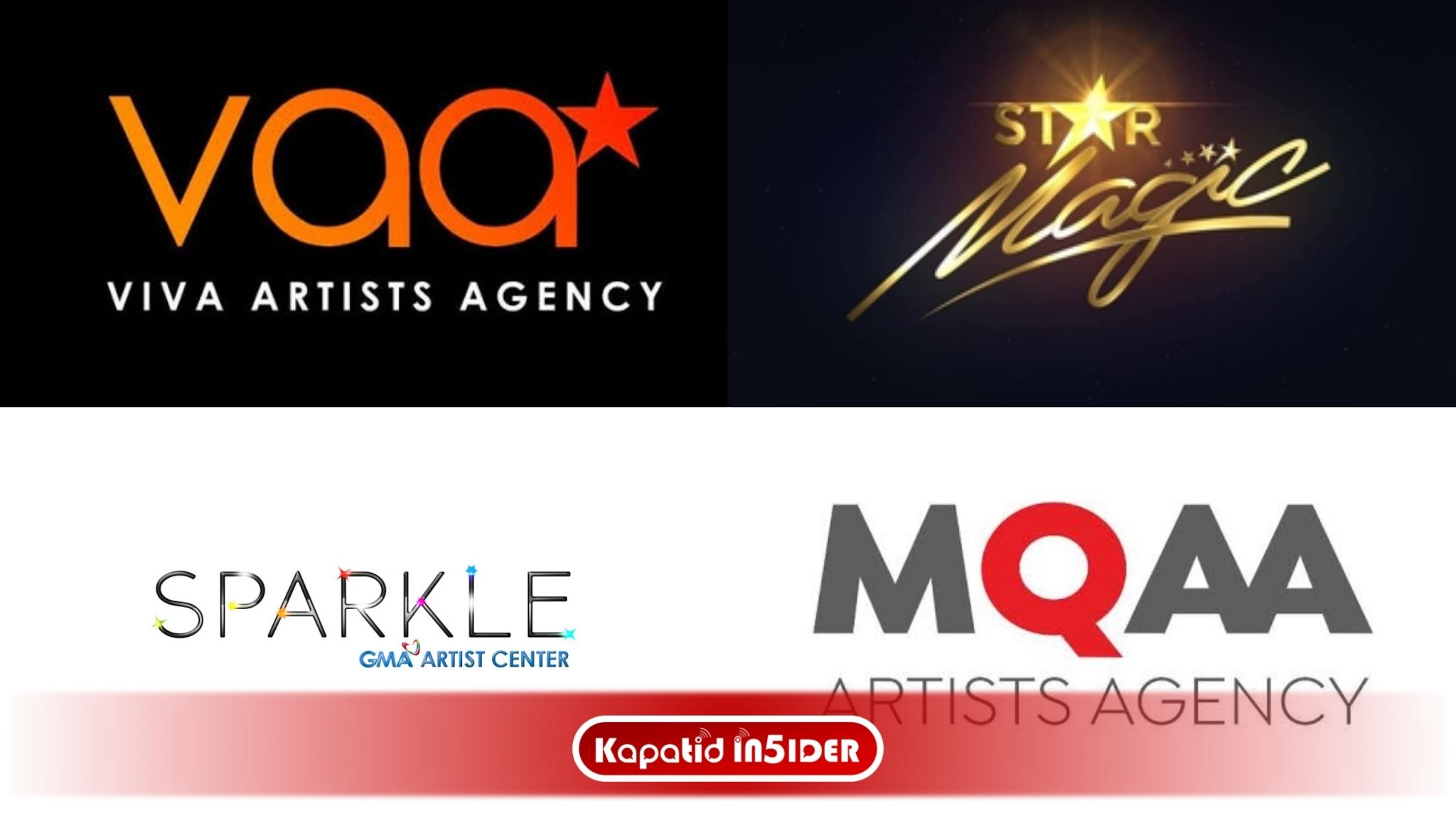In the world of showbiz, where fame and fandom often blur the lines between admiration and intrusion, recent events surrounding Andres Muhlach and Ashtine Olviga — collectively known by fans as “AshDres” — have reignited discussions about the true role of talent agencies.
The controversy began when the pair, both rising personalities in the entertainment industry, were maligned and even sexualized in a group direct message (GDM) run by certain fan groups. The incident quickly spread online, sparking outrage among supporters and casual observers alike. Many questioned how such behavior could persist in an industry that constantly preaches “respect” and “professionalism.”
But beyond the noise, the issue brings into sharp focus a more fundamental question: What exactly is a talent agency’s job — and what responsibilities does it have to protect its artists, both publicly and privately?
1. A Talent Agency Is More Than Just a Manager
At its core, a talent agency’s job isn’t limited to booking gigs or negotiating contracts. Its primary role is to represent and safeguard its artists’ professional interests. This includes managing projects, handling publicity, and ensuring that every career decision aligns with the artist’s image, goals, and well-being.
In the digital age, however, this responsibility now extends far beyond traditional media. Social media interactions, online fandoms, and digital reputation management have become integral parts of an agency’s daily work.
2. Protection From Exploitation and Harassment
One of the most crucial — yet often overlooked — duties of a talent agency is to protect its artists from harassment and exploitation, whether from inside the industry or from overzealous fans.
Sexualization, cyberbullying, and malicious gossip can have real and lasting psychological effects on talents, especially young ones still finding their footing in showbiz. When fan communities cross the line from support to obsession or disrespect, agencies must act decisively — by reporting, issuing statements, or providing emotional and legal support to their artists.
The AshDres incident underscores why digital protection is no longer optional. Agencies must now actively monitor online behavior that targets their artists and address it with firmness and empathy.
3. Shaping a Culture of Accountability
Talent agencies are not just business entities — they are cultural gatekeepers. How they respond to controversies sends a message about their values and priorities.
When artists are disrespected or violated online, silence or delayed action can be perceived as complicity. Conversely, prompt and principled responses build trust — not only between the artist and the agency but also between the agency and the public.
By standing up for their talents’ dignity, agencies also help shape a healthier fan culture — one that celebrates, not objectifies; that uplifts, not undermines.
4. Mental Health and Reputation Care
The emotional toll of public scrutiny cannot be overstated. Young artists like Andres and Ashtine are still navigating their identities in an industry that often equates attention with success.
A responsible agency provides access to mental health support, mentorship, and guidance to help its artists cope with fame and its pressures. Beyond image management, this kind of holistic care defines the modern talent agency’s professionalism and integrity.
5. Rebuilding Respect in the Industry
At the end of the day, incidents like what AshDres endured are not isolated — they’re symptomatic of a larger problem in entertainment culture: the commodification of personalities.
A true talent agency recognizes that its artists are not products to be consumed but people to be protected. Their value lies not in fan-created narratives or “ships” but in their craft, character, and potential.
Agencies must take the lead in setting boundaries and educating both fans and the public on responsible fandom — one rooted in admiration, not entitlement.
The AshDres incident is a wake-up call — not only for fans but for the entire entertainment industry. It’s a reminder that behind every viral photo or trending hashtag is a person whose dignity must be respected.
A talent agency’s real job goes far beyond contracts and promotions. It’s about safeguarding dreams, protecting boundaries, and standing up for what’s right, even when it’s inconvenient.
Because in a world where fame can be fleeting, integrity and care are what truly last.



